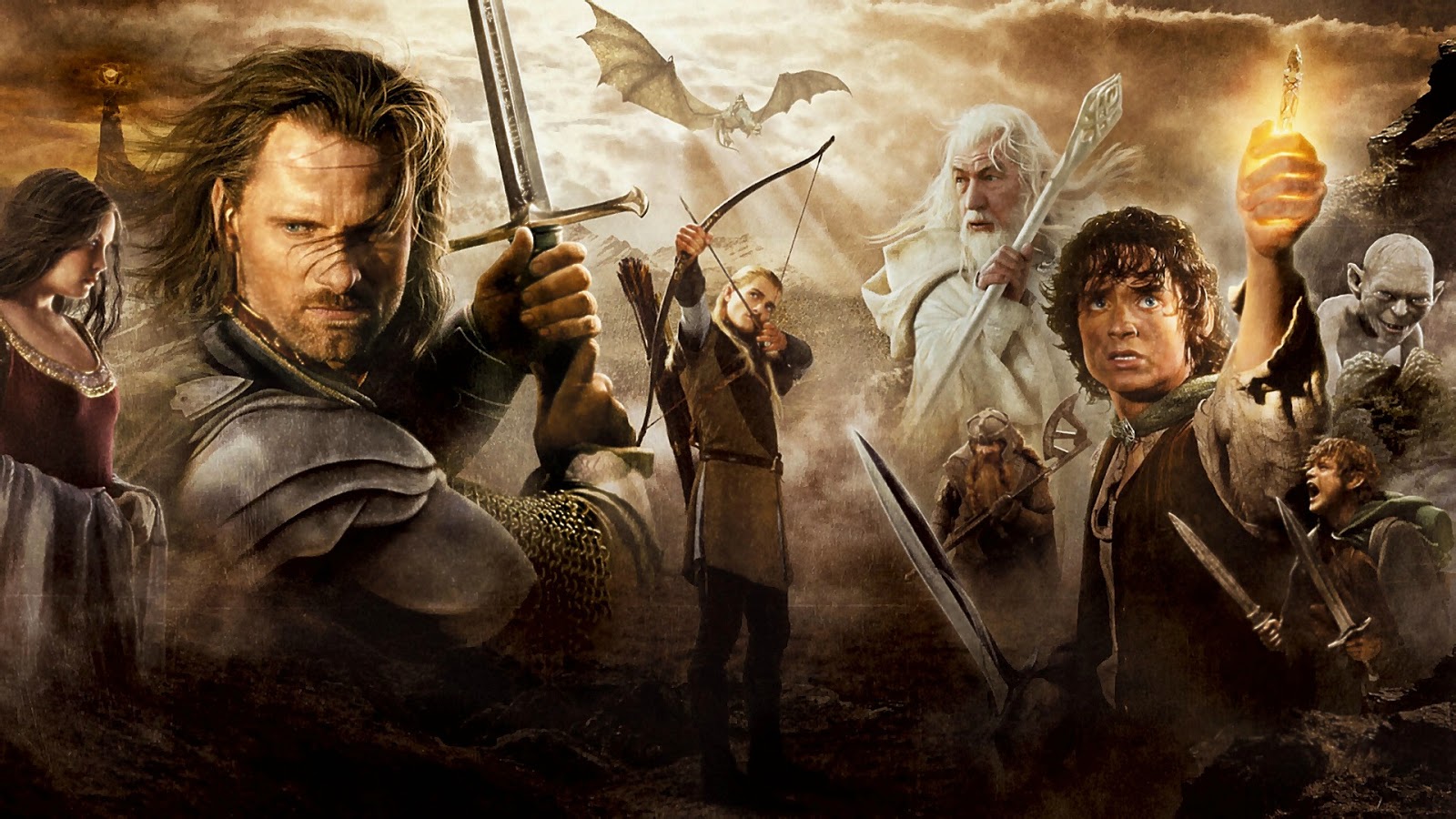Not having read any of the fan comments that I'm sure are out there in regards to Jamie's treatment of Claire, I can only say that, for the time period and her behavior, she definitely put herself in a place for this to happen. I was actually surprised to see that Diana brought this aspect of accountability into the story; quite honestly, it makes Claire's situation so much more believable to me. Consequences for actions; who would have guessed?
“Do ye realize, Claire,” he said quietly, “that all of us came close to bein’ killed this afternoon?” I looked down at the quilt, shamefaced. “Yes, I know. My fault. I’m sorry.” “Aye, so ye realize,” he said. “Do ye know that if a man among us had done such a thing, to put the rest in danger, he would ha’ likely had his ears cropped, or been flogged, if not killed outright?” I blanched at this. “No, I didn’t know.” “Well, I know as you’re not yet familiar wi’ our ways, and it’s some excuse. Still I did tell ye to stay hid, and had ye done so, it would never have happened. Now the English will be lookin’ high and low for us; we shall have to lie hid during the days and travel at night now.”Based on the ramifications of her actions, Jamie's response appears to me to be measured and appropriate. He would be right in saying that any man who had jeopardized their mission so severely would easily have suffered a worse punishment. And the response of the rest of the men as they ate dinner at the inn, dismissive and edged with silence, would be a natural reaction to this type of behavior.
As Claire reciprocates by ensuring Jamie sleeps on the floor, she was, as she puts it, "torn between fits of rage and philosophy". This also surprised me. There's a depth to some of her surmisings that caught me off guard. She admits to "having trouble with the scale of things"; "things" being what was truly a priority based on her future-knowledge of the ravages of mechanized war. It was hard for her to relate her actions among the clan fightings to the broader context of WWII.
A man killed with a musket was just as dead as one killed with a mortar. It was just that the mortar killed impersonally, destroying dozens of men, while the musket was fired by one man who could see the eyes of the one he killed. That made it murder, it seemed to me, not war. How many men to make a war? Enough, perhaps, so they didn’t really have to see each other? And yet this plainly was war—or serious business at least—to Dougal, Jamie, Rupert, and Ned. Even little rat-faced Murtagh had a reason for violence beyond his natural inclinations. And what about those reasons? One king rather than another? Hanovers and Stuarts? To me, these were still no more than names on a chart on the schoolroom wall. What were they, compared with an unthinkable evil like Hitler’s Reich? It made a difference to those who lived under the kings, I supposed, though the differences might seem trivial to me. Still, when had the right to live as one wished ever been considered trivial? Was a struggle to choose one’s own destiny less worthwhile than the necessity to stop a great evil?Heavy thoughts, these. And not without precedent. My wife is a huge Lord of the Rings fan, and reading Claire's musings in her final sentence there regarding choosing personal destiny over resisting evil reminds me that the very same question is the root ethic of the Lord of the Rings epic.
Me personally, I'm not big on war. I have a hard time trying to determine what a "just cause" is. Typically, the truth of any conflict rarely surfaces until it's over, and the form and shape of the war simply follows base ethics of the participants. That probably comes across sounding pretty liberal for someone who is most certainly more conservative than most, and who served four years in the US Air Force, but, there it is. Time molds and changes our opinions as we grow, to be sure.
Continuing on, as they travel all night toward the Red Boar at Bargrennan, Jamie opens up and begins to reveal some of his own childhood thrashings. Jamie's intentions are to remove the sting of Claire's own predicament (no pun intended) by sharing some of his own self-deprecating moments, yet there's a ring of authenticity to his overall message. I was sensibly repulsed by his revelation of Randall's true intentions with him when he was a prisoner at the Fort, yet captivated by the story of his father's death during Jamie's flogging.
Through all of this, Claire finally comes to a measure of understanding regarding the motives behind Jamie's actions, and while she ultimately forgives him, she makes it clear that she will not be tolerant of Jamie laying a hand on her again. Although in Jamie's oath to her (upon her dirk), he simply says he would never lay a hand on her "in rebellion or anger". That certainly doesn't preclude another episode of defiance on Claire's part.







